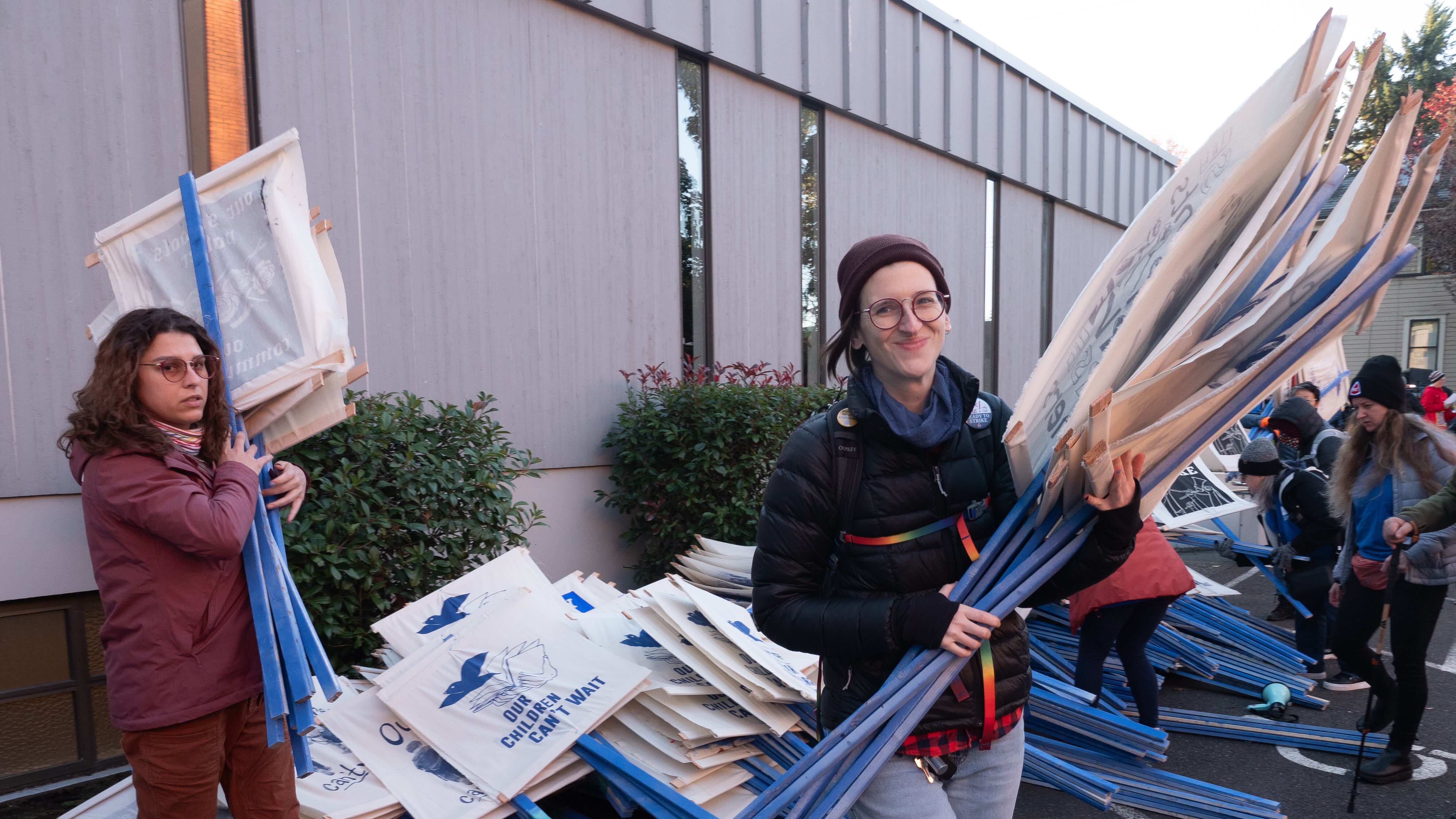While the primary issues at the bargaining table during the Portland Association of Teachers’ strike this month were wages, planning time and class sizes, the one that perhaps got the most full-throated parent support was school building conditions.
“Hot, cold, rats, mold! This is getting really old!” went the skin-crawling chant on the picket lines in front of shuttered schools this month.
Getting all 81 Portland Public Schools up to modern standards is a massive undertaking, considering that 38 of those schools were constructed prior to 1930 and are operating “well past their intended design life,” according to the district. While PPS plows through modernization projects with the help of taxpayer-approved local levies—by next year, 20% of the district’s square footage will have been rebuilt since 2016—much work remains.
City Hall mostly stayed out of the strike, but building conditions was one area where Mayor Ted Wheeler stepped in. On Nov. 15, Wheeler and City Commissioner Carmen Rubio announced they would pony up money from the Portland Clean Energy Community Benefits Fund to help the two sides settle on a contract. (The money had already been designated for PPS.)
“I am heartened to be able to support directly some of the stated needs of our schools and the children they serve,” Rubio said in the announcement.
Here’s a look at what the union asked for in its final offer before the strike began, what the district offered, and where the two sides landed in the tentative agreement signed Nov. 26:
UNION DEMAND
Maintain classroom temperatures between 60 and 90 degrees; grant right to refuse to work in areas with mold, active roof leaks or rodent droppings.
DISTRICT OFFER
PAT’s previous contract guaranteed members “places of employment which are safe and healthful for professional educators.”
TENTATIVE AGREEMENT
$10 million in city funds to address classroom temperatures at 30 schools with the most low-income students. An additional $10 million in bond funds to address building health and safety. Committees at every school to report and expedite maintenance requests.

